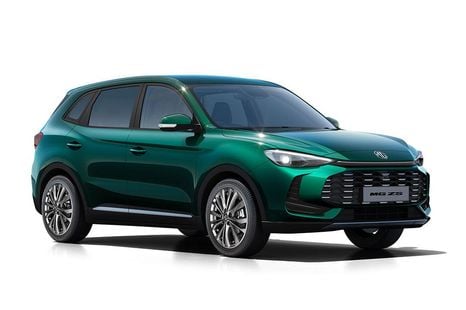

William Stopford
2026 MG ZS gets new, more affordable base model
9 Minutes Ago
The Electric Vehicle Council and Greenpeace have called on the Australian Government to implement fuel efficiency standards after the US announced tougher rules.

News Editor
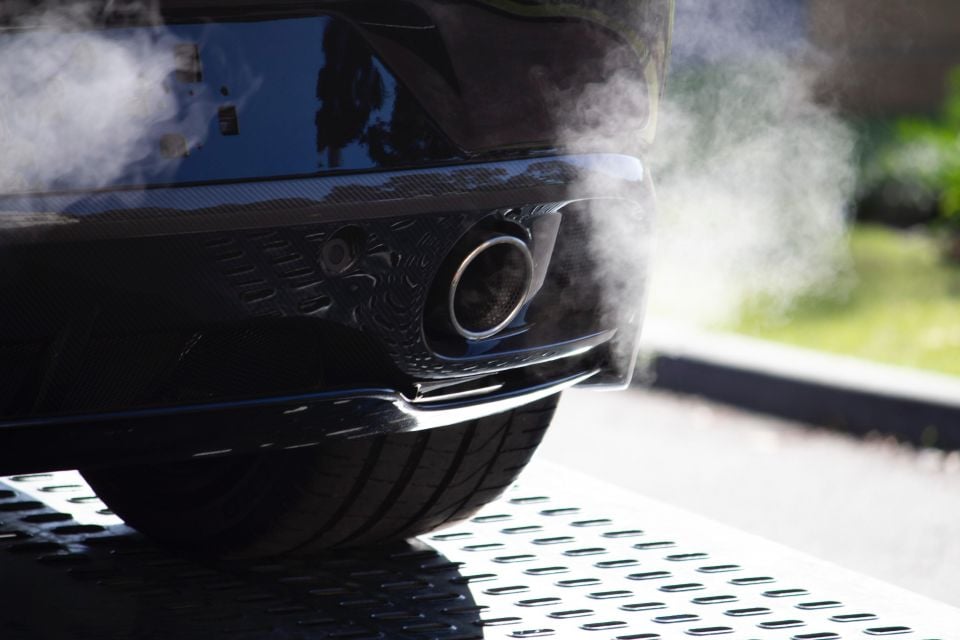

News Editor
The Electric Vehicle Council has criticised the Albanese Government for being slow in rolling out an electric vehicle policy and fuel efficiency regulations.
The remarks come following the reveal of tougher emissions regulations by the US Environmental Protection Agency (EPA), which the agency expects will see electric vehicles (EVs) account for 67 per cent of new light-duty vehicle sales and 46 per cent of new medium-duty vehicle sales by 2032.
The Electric Vehicle Council has again criticised Australia for being one of the only developed nations on earth without any fuel efficiency standards, and warned our status as being a “dumping ground for dated, high-emission vehicles” will be “cemented” if the Albanese Government doesn’t move swiftly.
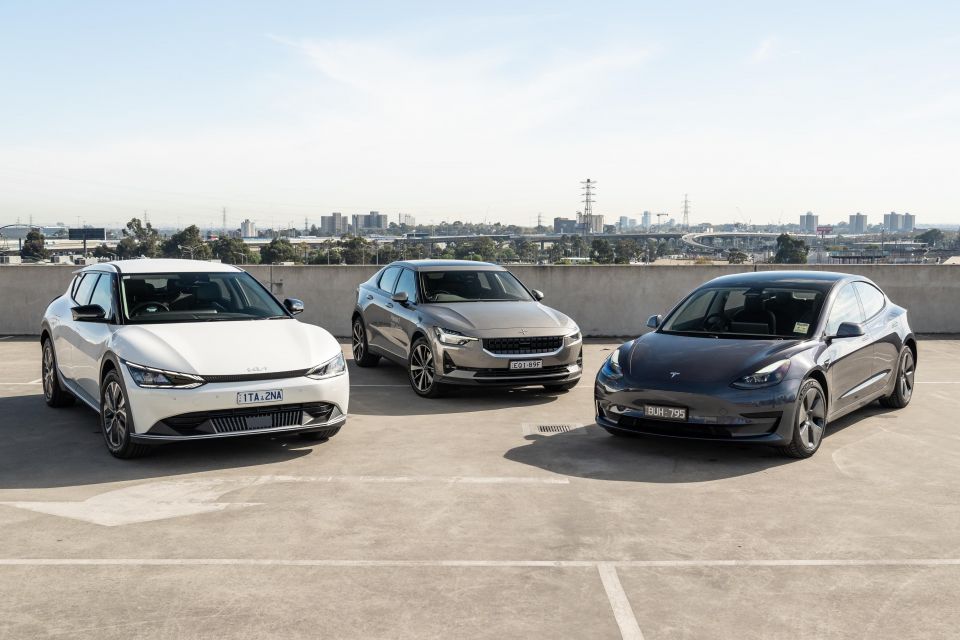
Chief executive Behyad Jafari said the tougher regulations in the US are of “monumental consequence to Australia”.
“Car companies will now be racing to meet the more stringent standards set in the US, Europe, China, and even New Zealand,” said Mr Jafari.
“If they continue to see Australia as the odd nation out, they will prioritise all other markets for their latest and best EVs. Australia will be dumped with their outdated gas guzzlers because it will be one of the only markets where there will be no consequences for doing so.
“We know the federal government has been slowly working on a new EV policy. This move in the US means the buzzer has sounded. The time for talk is done, we know the action we need to take, so let’s introduce strong new fuel efficiency standards now.”
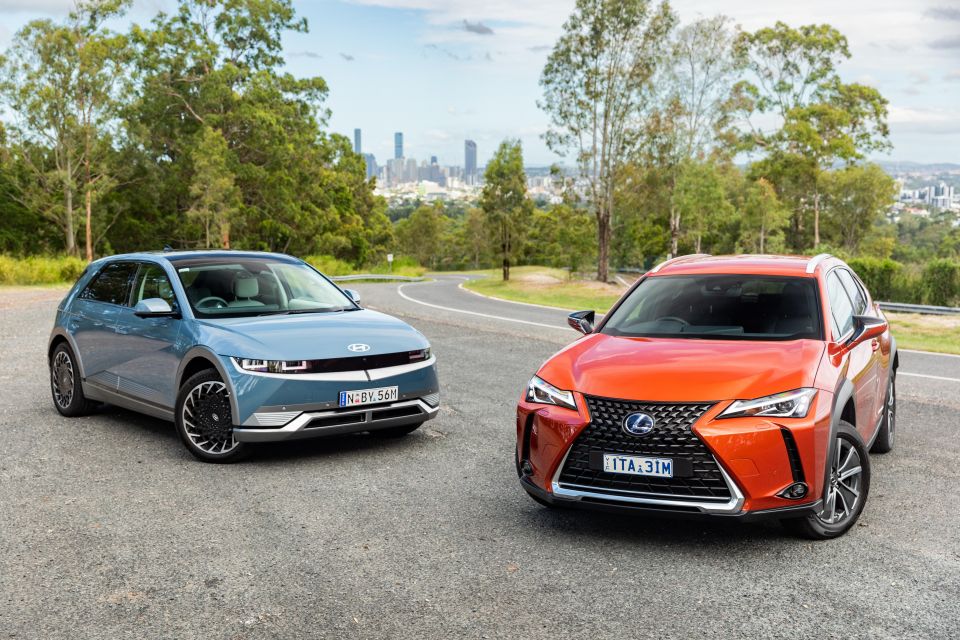
Mr Jafari pointed out that Australia is similar to the US in terms of its geography and driving culture, with both countries boasting plenty of wide open spaces and consumers with a love of larger vehicles like utes.
“If the US is able to move this decisively there is zero excuse for Australia not to follow suit,” said Mr Jafari.
“The US first introduced fuel efficiency standards into law in the 1970s and has been strengthening them since then. In 2023, Australia has a discussion paper about them. It’s ridiculous.”
In the US, the first vehicle emissions standards came into effect in 1970, with Corporate Average Fuel Economy (CAFE) regulations enacted there in 1975.
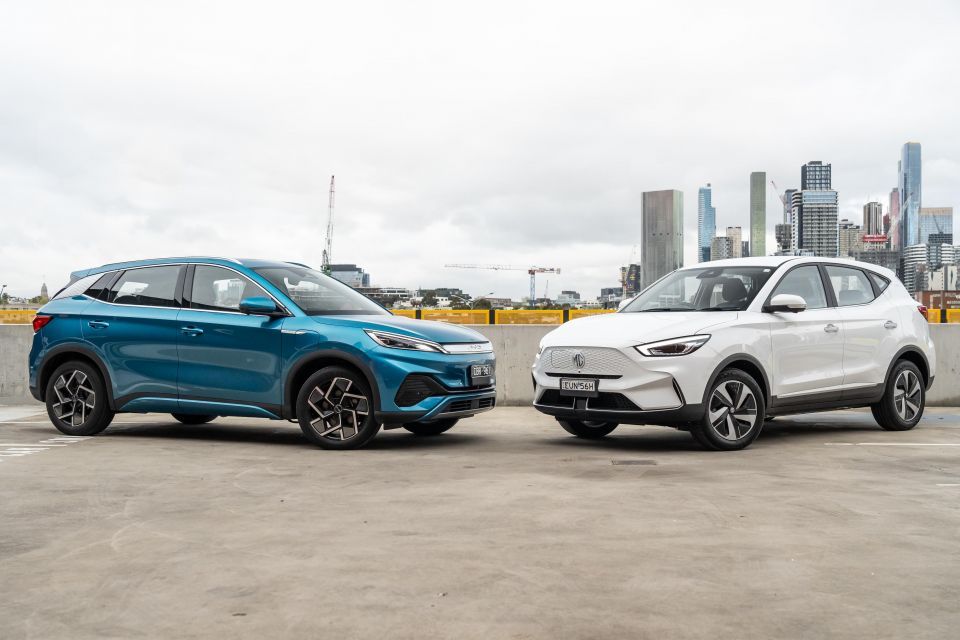
With the latter, automakers have a fleet target to reach, and sales of thirstier vehicles therefore need to be offset by more fuel-efficient vehicles.
Environmental group Greenpeace has also called for tougher rules like those planned for the US.
“With our abundant renewable and mineral resources, Australia too could be leading the charge by creating new industries in battery and EV manufacturing, but instead we are stuck paying more for fuel while the cost of living skyrockets, and missing out on important new economic opportunities,” said Greenpeace senior campaigner Lindsay Soutar.
The Albanese Government said last November it had received more than 500 submissions to a discussion paper designed to shape the country’s first, long-awaited National Electric Vehicle Strategy.
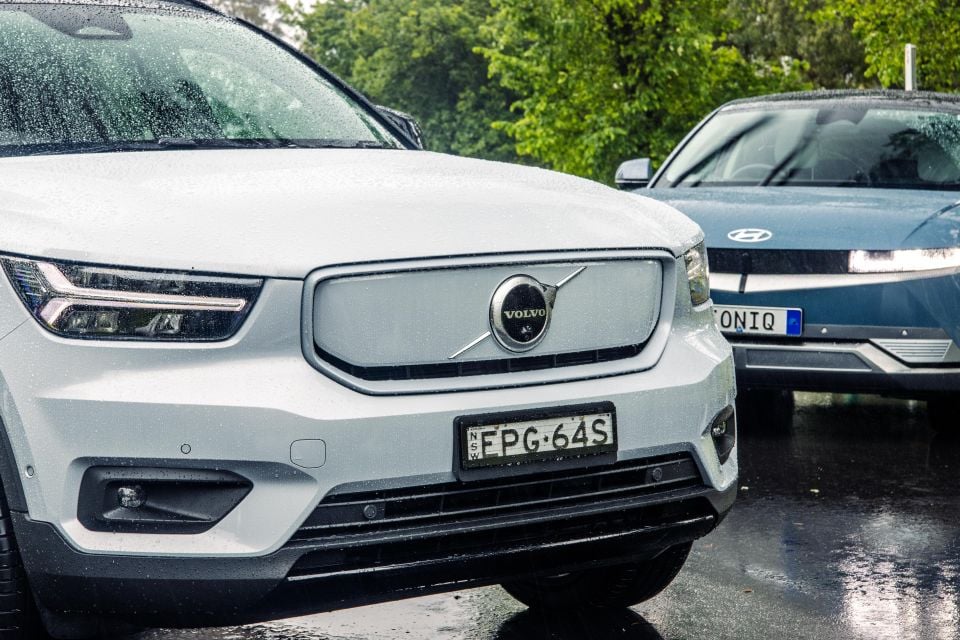
It says it wants Australians to have a greater choice of affordable electric vehicles after years of inaction out of Canberra.
The Government has yet to release its findings.
The core policy to be addressed is the belated introduction of fuel efficiency standards and the application of a binding tailpipe CO2 reduction scheme, which the car industry and other stakeholders have long said is essential to unlock greater EV supply.
According to many industry stakeholders, this is long overdue.
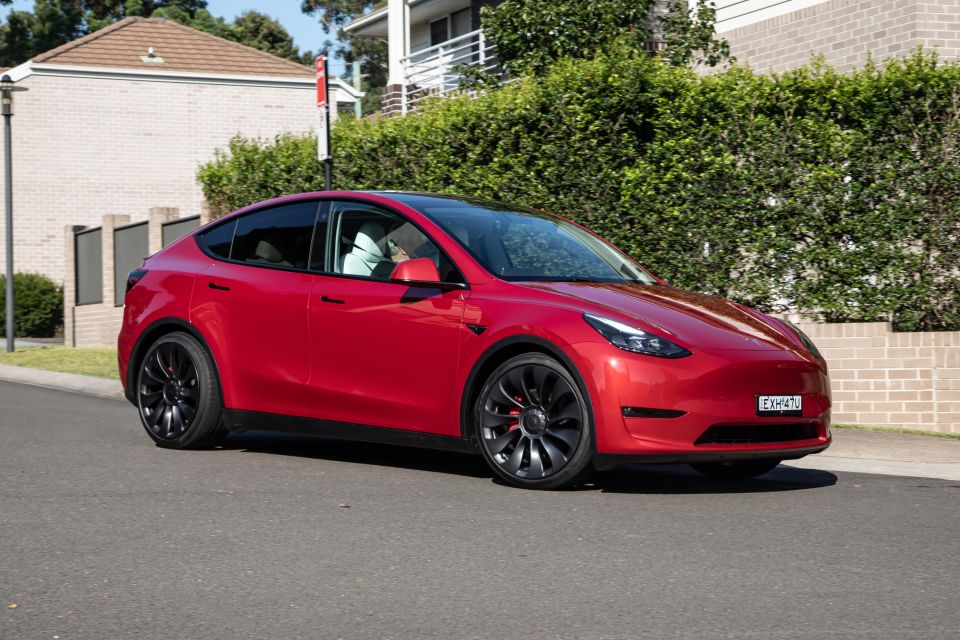
Apart from Russia, Australia is the only OECD country to not have, or be in the process of developing, fuel efficiency standards of this type.
“The lack of such standards in Australia is cited as one of the factors impacting the supply and cost of EVs,” contends Climate Change and Energy Minister Chris Bowen. “Why? Because while Australia doesn’t show leadership, manufacturers prioritise markets which do.”
The Labor Government has since secured the support of the Australian Greens and Senate independent David Pocock for its electric vehicle (EV) incentives bill, though not without a couple of amendments including the sunsetting of support for plug-in hybrids from April 1, 2025.
The legislation exempts low-emissions cars from fringe benefits tax (FBT), potentially saving employers and private vehicle operators thousands of dollars.
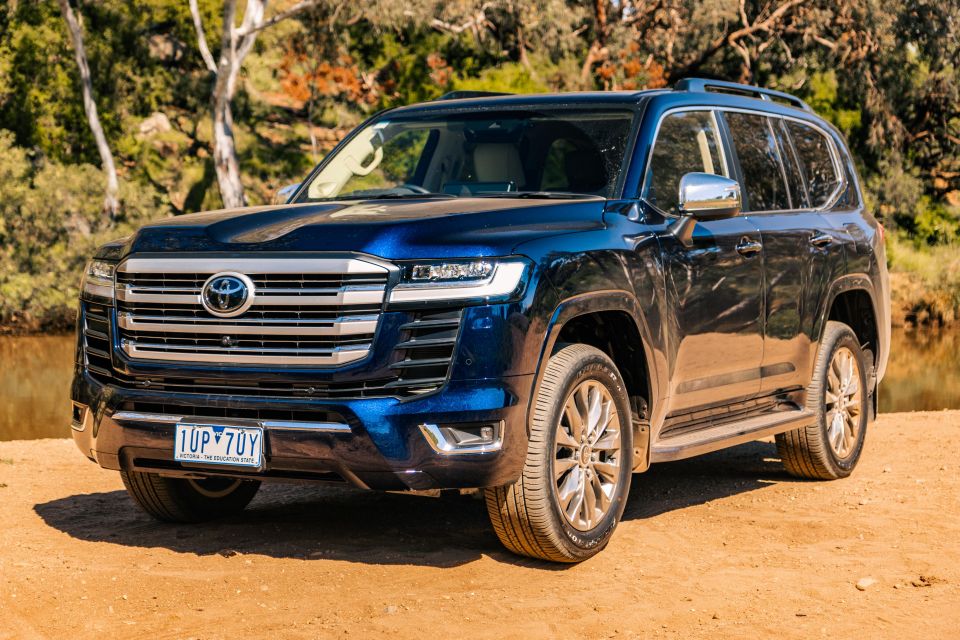
The Federal Chamber of Automotive Industries (FCAI), which is funded by Australia’s car brands and represents them in Canberra, has praised the Albanese Government’s National Electric Vehicle Strategy.
The peak body had been pilloried for pitching a fuel efficiency and CO2 emissions-reduction scheme that’s less demanding on its members than similar policies in Europe or the United States.
The latest annual report for its voluntary CO2 emissions reporting scheme found heavy SUVs and light commercial vehicles had missed their target.
The 2022 target for the heavy SUV and light commercial vehicle category, referred to as MC + NA, was 189 grams of CO2 for every kilometre travelled. The outcome was 212.8 grams, actually a slight increase from 2021’s figure of 212.5 grams.
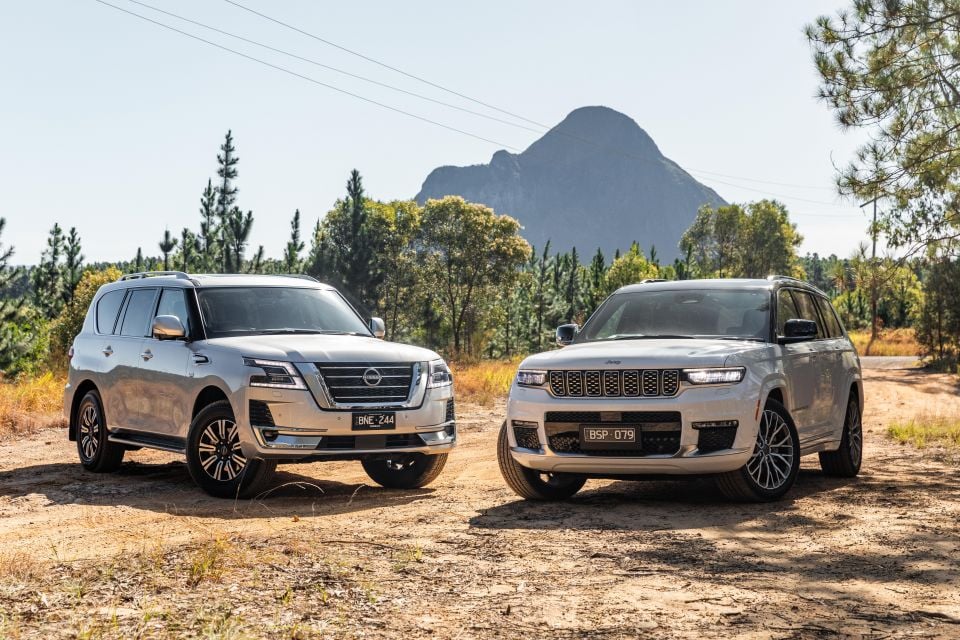
That’s disappointing, considering between 2020 and 2021 the figure dropped from 218 grams.
There was better news in the MA (passenger cars and light SUVs) category, with an average of 131 grams. This was a reduction from 146 grams in 2021, which was also the targeted figure for 2022.
For context, the outcome for this category for 2020 was 150 grams. This was the first year of results for both categories.
MORE: Why the car lobby wants more CO2 regulation from new government MORE: What electric car buyer incentives are offered across Australia? MORE: National EV Strategy: Government releases consultation paper MORE: National EV strategy paper nets more than 500 submissions MORE: Large SUVs, commercial vehicles miss emissions target again
William Stopford is an automotive journalist with a passion for mainstream cars, automotive history and overseas auto markets.


William Stopford
9 Minutes Ago
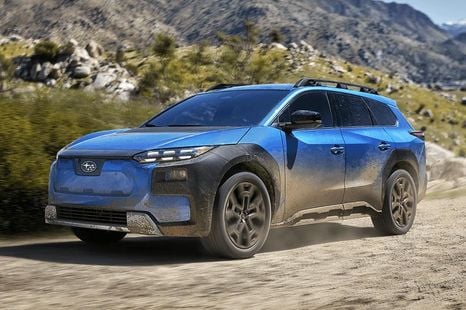

Max Davies
1 Hour Ago
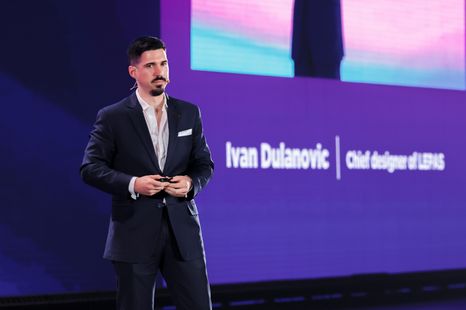

Andrew Maclean
2 Hours Ago
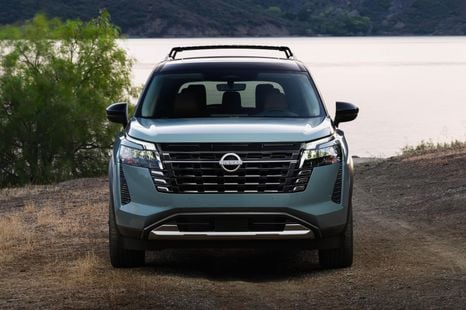

Damion Smy
3 Hours Ago
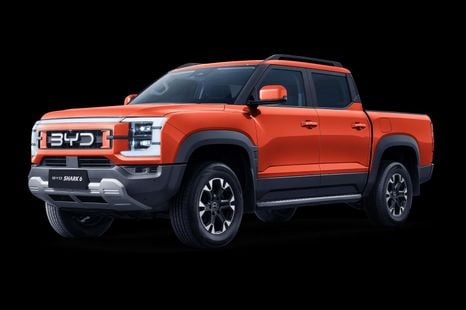

William Stopford
5 Hours Ago
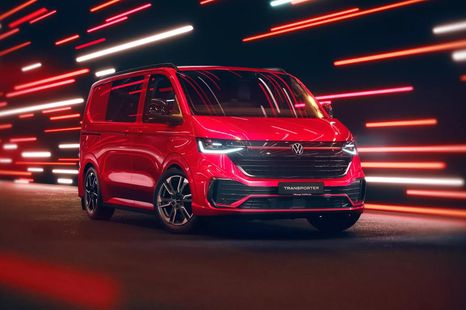

Derek Fung
8 Hours Ago